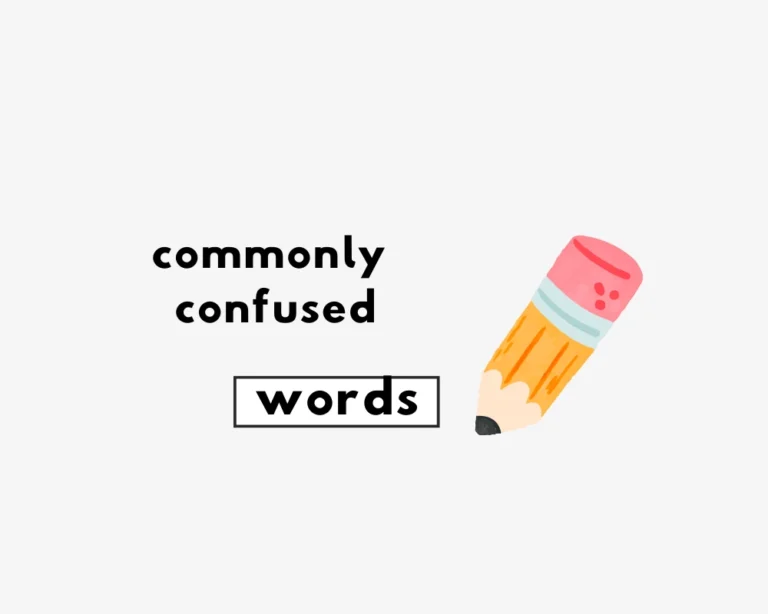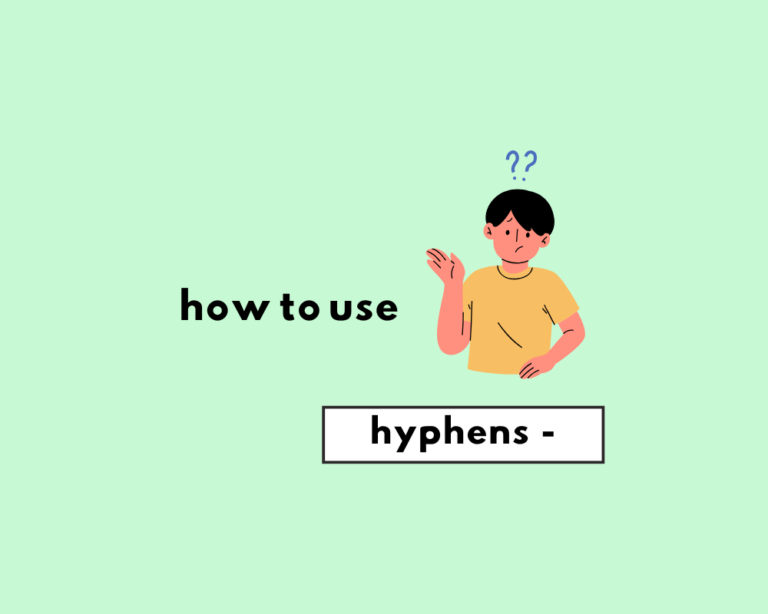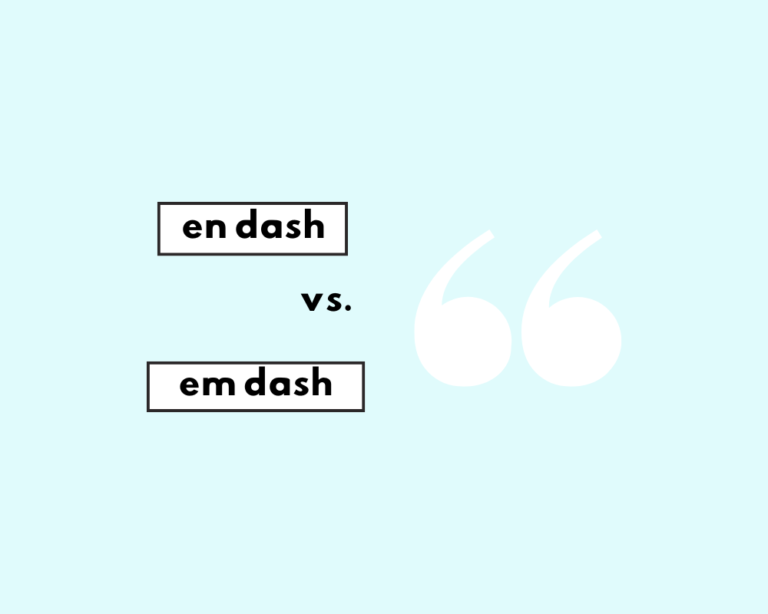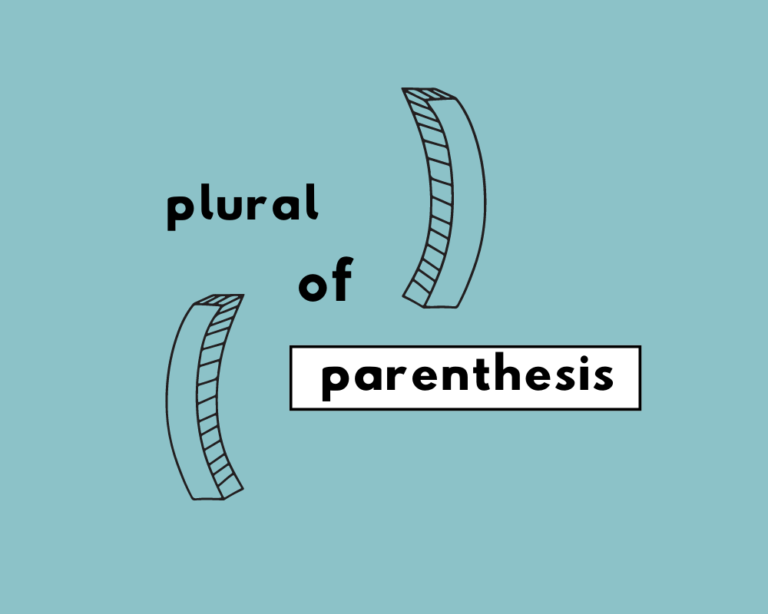Is “series” plural or singular?
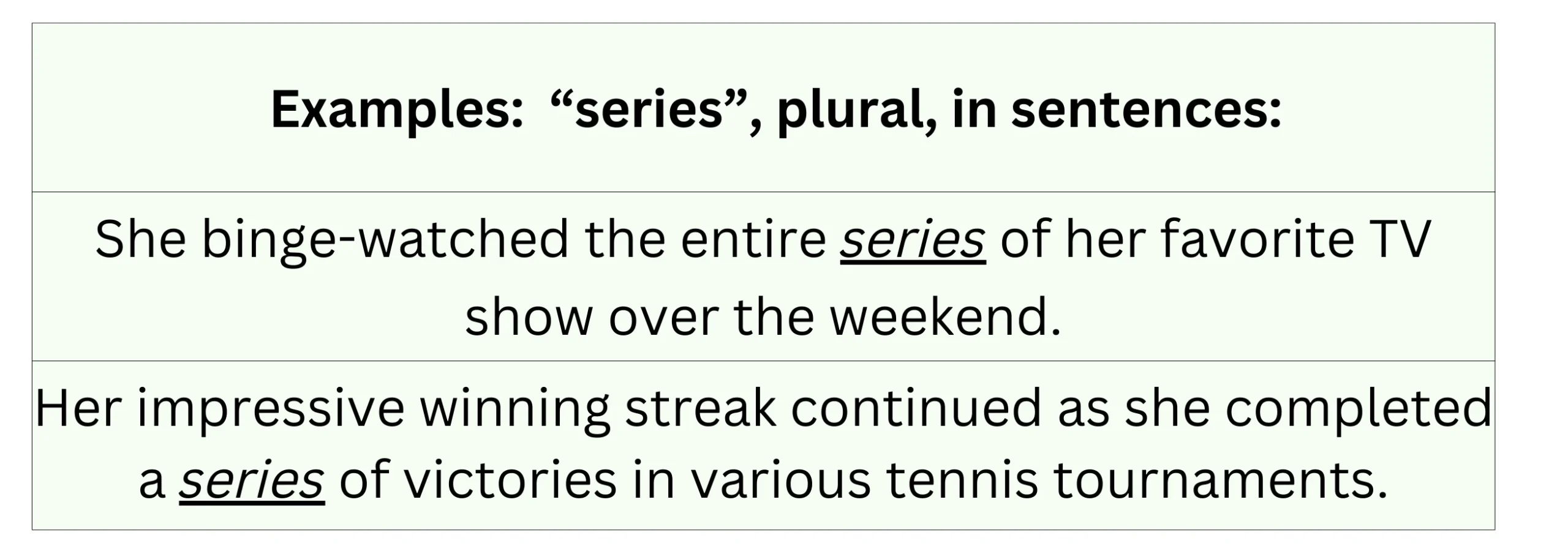
What’s the correct way to refer to more than one series? Is series singular or plural? While series is a count noun (as opposed to noncount noun) because a series refers to things occurring in succession or in an order, it’s a term that already refers to more than one of something. For that reason, the plural of series is just series; likewise, the singular of series is also simply series.
What is a series?
The definition of series, according to Merriam-Webster, is:
A number of things or events of the same class coming one after another in spatial or temporal succession.
Typically, in conversation, when people speak of a series, they’re probably referring to something they watched recently on Netflix, such as a television series.

What’s the singular of series?
It’s just series. For example, ‘Have you seen the new television series that just came out last night?’
Other irregular plural nouns
Series is an irregular plural noun because no change occurs between its singular and plural noun forms. This is probably why the plural of series is sometimes confused with serieses, as this would be its plural had the word conformed to the regular English plural noun form. That said, series, as a word, refers to more than one thing or event of some kind.
In this sense, series is a kind of inherent plural, and refers to a group or succession that contains more than one of something. Apparently, serieses is not incorrect, though typing it, word processors may not recognize the spelling of series. This is because series, with no change between singular and plural is much more widely used and commonly accepted than serieses. To be sure, stick to series as both the singular and plural forms of the word.
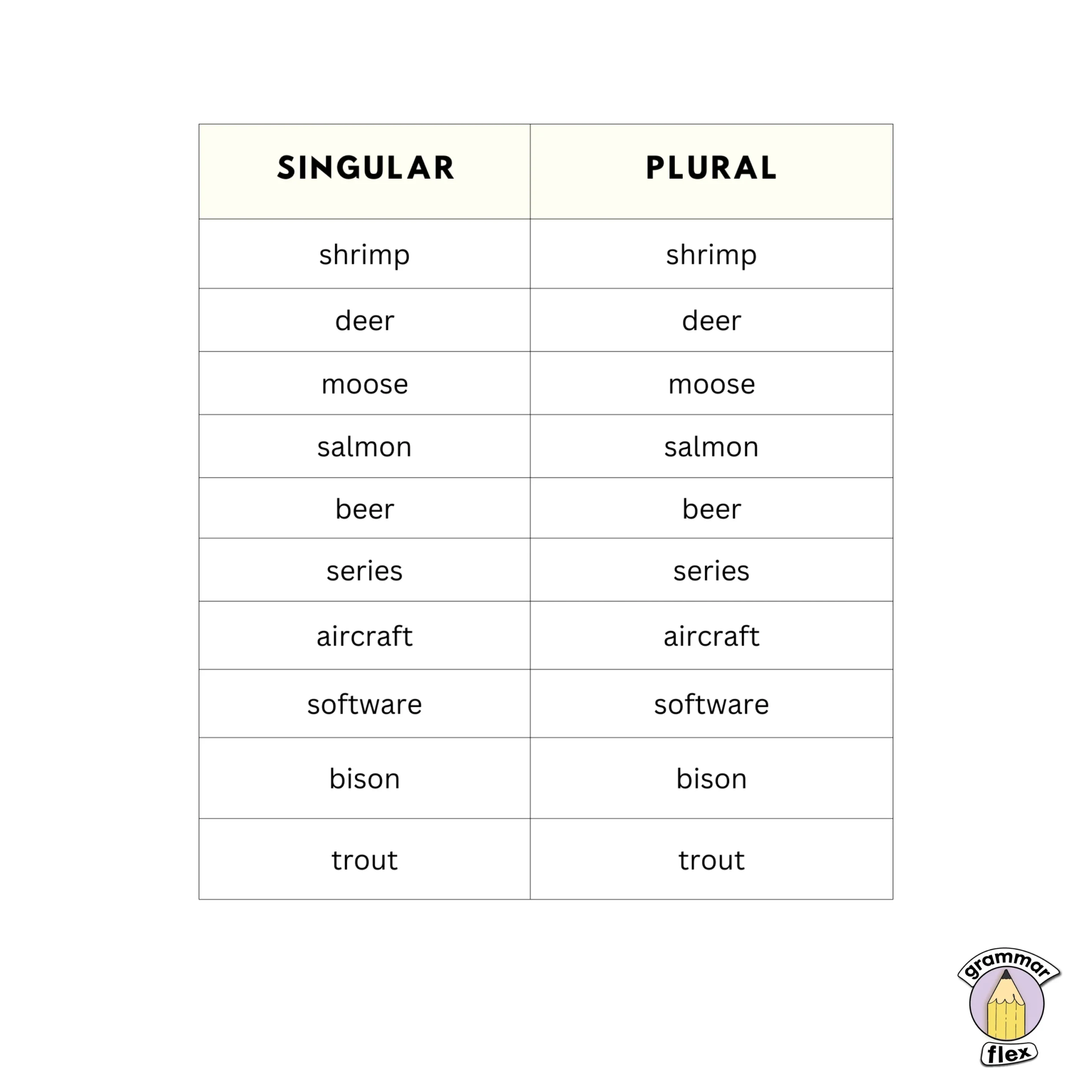
Nouns with one form. By Gflex on Canva.
Series is not the only noun in English that undergoes no change between its singular and plural forms. Other irregular plural noun forms are abundant in English: deer, sheep, moose, shrimp, aircraft, beer, fish and the like all remain the same in both singular and plural forms. In such cases, the count is inferred based on how the word is applied, and its context.
Examples of series used in context
Example sentences of series are borrowed from Merriam-Webster, series:
1. Police are warning South Side residents after a series of armed robberies were reported over the last few weeks in Englewood.—The Chicago Sun-Times, 10 Aug. 2019
2. I had an inkling that I deserved what was coming. His head was the size of a bucket. He shook his gloves off and quickly landed a series of right hooks before my teammates swarmed him, like rodeo clowns.—Nick Paumgarten, The New Yorker, 11 Nov. 2019
3. The document was among a series of files that were unsealed Monday as part of a lawsuit over autonomous-vehicle trade secrets brought by Alphabet Inc.’s Waymo. Eric Newcomer, Bloomberg, 29 Jan. 2019
4. The series is part of the booming “urban fantasy” subgenre, which features supernatural creatures interacting with ordinary humans in a contemporary city. — Jennifer Schuessler, The New York Times, 6 Feb. 2011
5. Presently I saw a series of doors opening from either side of the corridor, and as they all looked alike to me I tried the first one that I reached.—Edgar Rice Burroughs, The Warlord of Mars, 1914
Origin of the word series
Series, meaning “a number or set of things of one kind arranged in a line, a continued succession of similar things,” was used in the 1610s. This evolved from the Latin series, “a row, chain, series, sequence, succession,” from the Proto-Indo-European serere, “to join, link, bind together, arrange, attach, put; join in speech, discuss.”
Synonyms of the word series
- sequence
- course
- set
- array
- run
- streak
- continuity
- string
What’s the difference between they’re, their, and there?
Sources


